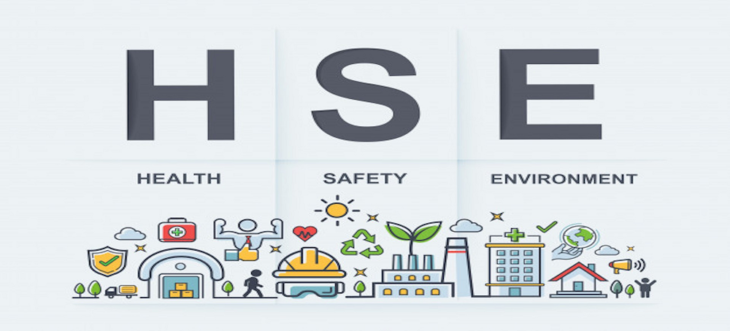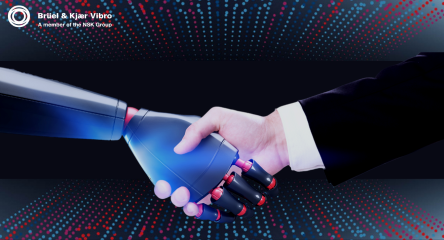Despite the pains we suffered in 2020 due to the COVID-19 and its consequences, it taught us a lot of lessons.
I am focusing here on one great lesson which we wouldn’t ever learn without this pandemic.
The lesson is that the pandemic has imposed the largest experiment in the history of working remotely and from home.
No one was dreaming that such an experiment can be applied on that scale ever, but it did happen thanks to the pandemic.
If this lesson is not understood, analyzed enough and things will return to normal afterward without change, it means that we will never learn!
Unfortunately and sadly, the main concern/dream of many organizations, businesses, and even governments currently is when employees will go back to work in their offices and how will they resume business as normal.
We need to learn a lot from this great experiment that lasted for almost one year (and who knows for how long it’ll last).
We need to learn that not all employees have to go back to their offices “as normal” because of many reasons such as:
1. HSE First: we should always think first about HSE, and from this perspective there are many benefits for WFH such as:
a. Less infection and disease spreading probabilities (main objective)
b. Less traffic jams and fuel consumption which leads to less toxic emissions and ease of traffic problems all over the world
c. Less pollution and global warming which will improve the environment and weather
d. Less exposure to road hazards and hence less road and traffic accidents (which are among the main causes of largest death toll numbers in the world)
e. Less suffering and fatigue from spending hours in transportation or driving
f. Less office accidents and incidents
g. Less stress (main problem in our lives)
2. It has been proven by the experiment that most of office work can be done from home efficiently and effectively

3. All businesses are now equipped with remote communication facilities which have proven by practical experiment their efficiency and robustness that we can depend on them
4. Less required office sizes and overheads (budget saving for organizations) which is encouraging small and medium businesses/projects development as well.
5. Flexibility of working from anywhere in the world, so you don’t have to live in an expensive city beside your work which means less spending, more saving and better life. This will also solve the overpopulated cities problem and redistribute the population in a better way in the countries.
6. Organizations that need expertise from outside their countries can get them without the need to relocating them which will save these organizations the high cost of visas, travel, accommodation, and insurance. Also, employees, in this case, don’t need to leave their countries and families to join the work in other countries.
7. Spending more time with families and taking care of them
8. Saving the money spent on daily transportation, fuel, clothes, eating outside the home, etc.
The above are the main benefits and I think there are many others.
Therefore, organizations need to change the old mentality and study seriously changing their way of business running to cope with the new era’s requirements and gain from the above-mentioned benefits.
Some organizations were proactive enough that they started adopting working from home before the pandemic because they have a vision and thinking out of the box.
Only employees who are needed at the workplace (such as maintenance crafts, operators, etc.) are the ones that need to be kept working as before.
Organizations now, after this experiment, should be able to know who can work from home and who still need to go to work as normal and hence can plan the new business plans accordingly.
The lesson not only needs to be learned at the organization level but also at the countries and governments level.
New policies and strategies need to be developed to maximize the benefit from this experience.
In conclusion, we should learn from each problem/challenge we face to enhance our performance and maximize our gains.






